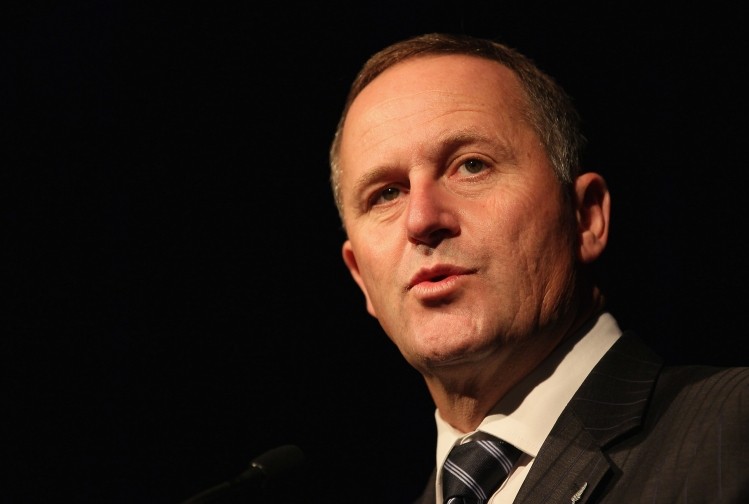NZ’s Saudi agri investments ‘compensation’ for sheep ban

Last year the New Zealand government announced it would fund a US$5m “agribusiness hub” in Saudi Arabia, intended as a model farm for new agricultural techniques. But this month George Assaf, a Sydney-based business partner to Saudi trader Hamood Al Ali Al Khalaf, told New Zealand’s One News the hub was being set up on Al Khalaf’s US$60m farm in Dammam.
Sheep ban losses
He said the investment was intended to compensate the pair for “hundreds of millions of dollars” in losses they incurred following the 2003 ban on live export of sheep for slaughter.
Along with the hub, New Zealand spent US$1.25m flying 900 pregnant awassi ewes to Saudi Arabia, intended as breeding stock for Al Khalaf. This week One News also revealed a letter from New Zealand foreign minister Murray McCully to Al Khalaf, undated but said to be from 2012, agreeing to “delete” certain live export restrictions for breeding animals.
“You expressed strong objection to provisions that extend past disembarkation,” McCully wrote, later confirming in the letter: “I agree to recommend deleting provisions past the point of disembarkation.”
Assaf said the gestures came as part of New Zealand’s negotiations to secure a free trade agreement with Saudi Arabia. New Zealand Prime Minister John Key, during a visit to Riyadh last month, acknowledged that resolution of the issue was a requirement for finalising the trade deal.
Thousands died in-transit
Al Khalaf has investments in several farms in New Zealand, along with a sheep breeding programme in the country, and a chain of abattoirs in Saudi Arabia. In 2003, 5,000 sheep died en route to Saudi Arabia on a ship owned by Al Khalaf, with the incident prompting New Zealand’s live export ban.
New Zealand primary industries minister Nathan Guy defended the investment, saying it was an opportunity for New Zealand businesses, and that it might help to finalise the free trade agreement.
In his speech announcing the agribusiness hub last year during a visit to Saudi Arabia, Guy said: “In addition to being a substantial investment and project in its own right, it is also expected that this demonstration farm will create other opportunities for New Zealand in this market, fast track partnerships between New Zealand and GCC businesses, and quite possibly open up significant opportunities for New Zealand companies elsewhere in the Arab world.”











